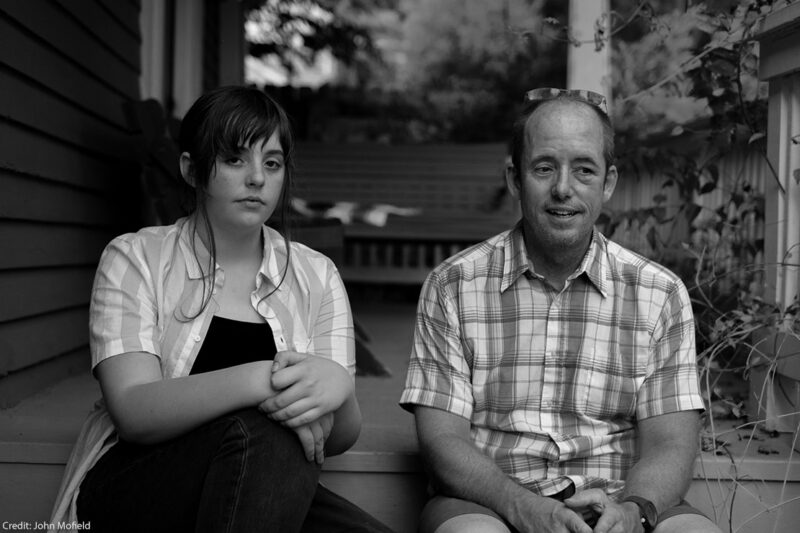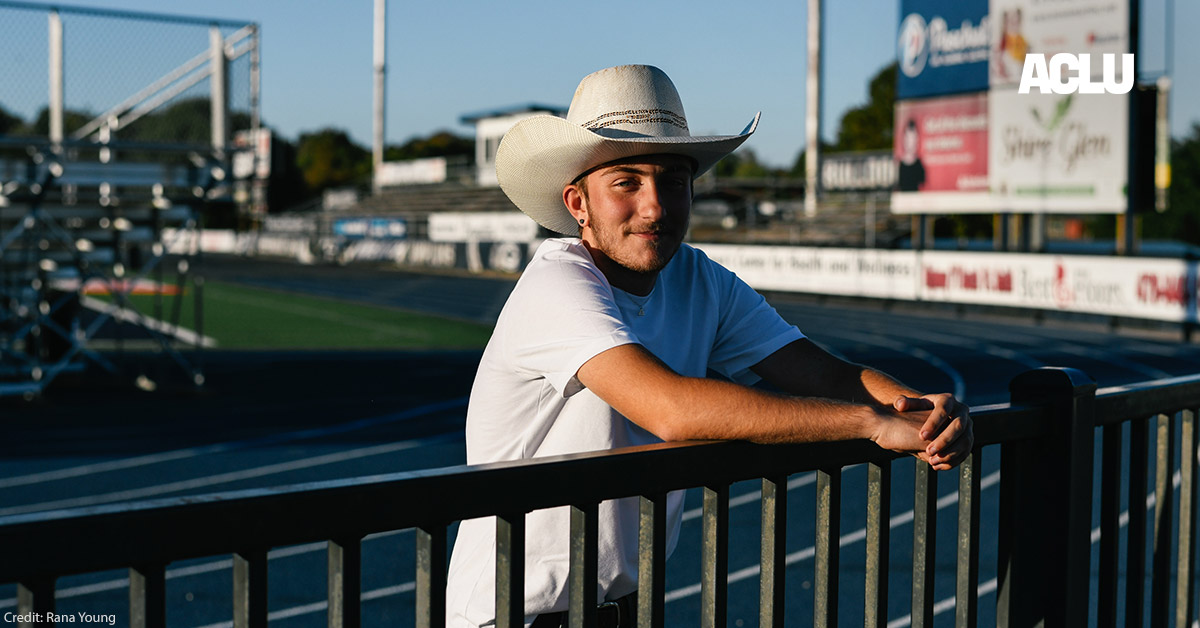Why We’re Taking the Fight for Trans Youth Health Care to the Supreme Court


In the span of just a few years, transgender people have had their rights and lives radically reshaped by a litany of political attacks against our freedom, our dignity, and the health care many of us need to live. As part of a coordinated national effort to erode legal protections for trans people and push us out of public life, a wave of bills targeting gender-affirming health care for transgender people have effectively banned it for nearly one-third of transgender youth in the United States. These laws uproot entire families and communities, alarm doctors and medical experts, and endanger the very young people they laws claim to protect.
While the ACLU and our nationwide affiliates succeeded in the trial courts when the judges actually considered the facts, these early wins have increasingly been overturned, allowing these devastating bans to take effect. This includes the U.S. Courts of Appeals for the Sixth Circuit, where a three-judge panel overturned a lower court decision, which had blocked Tennessee’s ban. As a result of the Sixth Circuit decision, health care bans have gone into effect in Tennessee and Kentucky.
In each of these challenges, we are committed to exhausting every option we have with the goal of protecting the ability of our community to access this care for as long as possible. That’s why, today, we’ve asked the United States Supreme Court to review the lower court’s ruling and block these dangerous laws from further threatening transgender youth, destabilizing their families, and needlessly tying the hands of their medical providers.

How We’re Winning The Fight to Defend Trans Rights
In states across the country, judges are blocking bans on gender-affirming care and drag performances.
Source: American Civil Liberties Union
In this case, we have the honor of representing LW, a 15-year-old transgender girl, and her mother Samantha Williams. Like nearly 100,000 families with transgender kids ages 13 to 17 who now live in a state that has banned their health care, LW and her parents face the risk of either being denied the care they and their doctor know is right for their daughter or leaving the only home LW has known. Tennessee’s ban — like the nearly identical laws passed in 20 other state legislatures in the last three years — directly targets LW because she is transgender.
At the core of our argument before the court are two basic constitutional claims. First, Tennessee’s law bans treatment only when that treatment is provided to transgender youth like LW who have gender dysphoria. This targeted restriction discriminates based on both sex and the fact that a person is transgender and violates the Equal Protection Clause.
Second, Tennessee’s law interferes with the ability of parents like Samantha to make medical decisions for their minor children even though their children and doctors all agree the treatment is necessary. The law substitutes the state’s judgment for that of loving parents who are following the guidance of their children and the advice of doctors. The Supreme Court has long recognized that parents have certain fundamental rights concerning the care and custody of their minor children. While the rights of parents are importantly not absolute — and transgender youth have rights all their own — Tennessee’s law forces a one-fits-all approach to treatment that overrides the informed judgment of parents, adolescents, and doctors. Tennessee’s law forces parents like Samantha to “co-parent” with their state legislature. It is particularly pernicious when that legislative body has made it clear they have no interest in learning the truth about this medical care and young people like LW.
Asking the Supreme Court to review a lower court decision is always something we take seriously. We have witnessed this court disregard and infringe people’s bodily autonomy repeatedly, most recently with its devastating decision in Dobbs, which overturned Roe v. Wade. We take this step with full knowledge that, no matter what happens, we will have to fight for each other and use every tool in our toolbox to defend all our rights to bodily autonomy. With such critical, life-or-death health care on the line, we must continue to fight back against Tennessee's law and exhaust every option available to us. No matter what happens, we will continue to fight thoughtfully and creatively to ensure that everyone can access the health care they need.
The last few months have been the most personally and professionally devastating of my life. My heart — and the heart of every transgender advocate fighting this fight — is heavy with the weight of the dehumanization and needless harm trans people like us are experiencing nationwide. But I also know that every out trans person has embraced the unknown in the name of living free from shame or the vice of other people’s expectations. By virtue of being a living, breathing trans person, each of us has chosen hope over despair. Regardless of any court, we will always exist in joyful defiance of efforts to limit who we are and who we can be.

